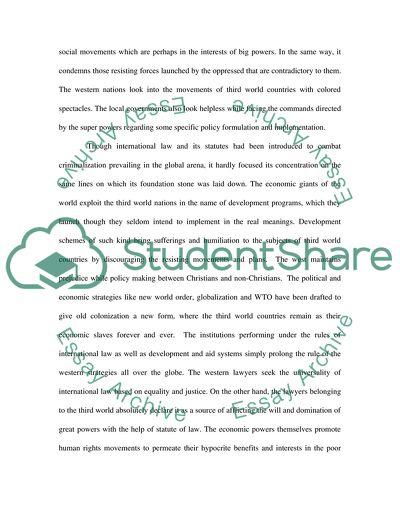Cite this document
(“National Law from Below - Development, Social Movements, and Third Wor Book Report/Review”, n.d.)
National Law from Below - Development, Social Movements, and Third Wor Book Report/Review. Retrieved from https://studentshare.org/law/1707172-book-summary
National Law from Below - Development, Social Movements, and Third Wor Book Report/Review. Retrieved from https://studentshare.org/law/1707172-book-summary
(National Law from Below - Development, Social Movements, and Third Wor Book Report/Review)
National Law from Below - Development, Social Movements, and Third Wor Book Report/Review. https://studentshare.org/law/1707172-book-summary.
National Law from Below - Development, Social Movements, and Third Wor Book Report/Review. https://studentshare.org/law/1707172-book-summary.
“National Law from Below - Development, Social Movements, and Third Wor Book Report/Review”, n.d. https://studentshare.org/law/1707172-book-summary.


